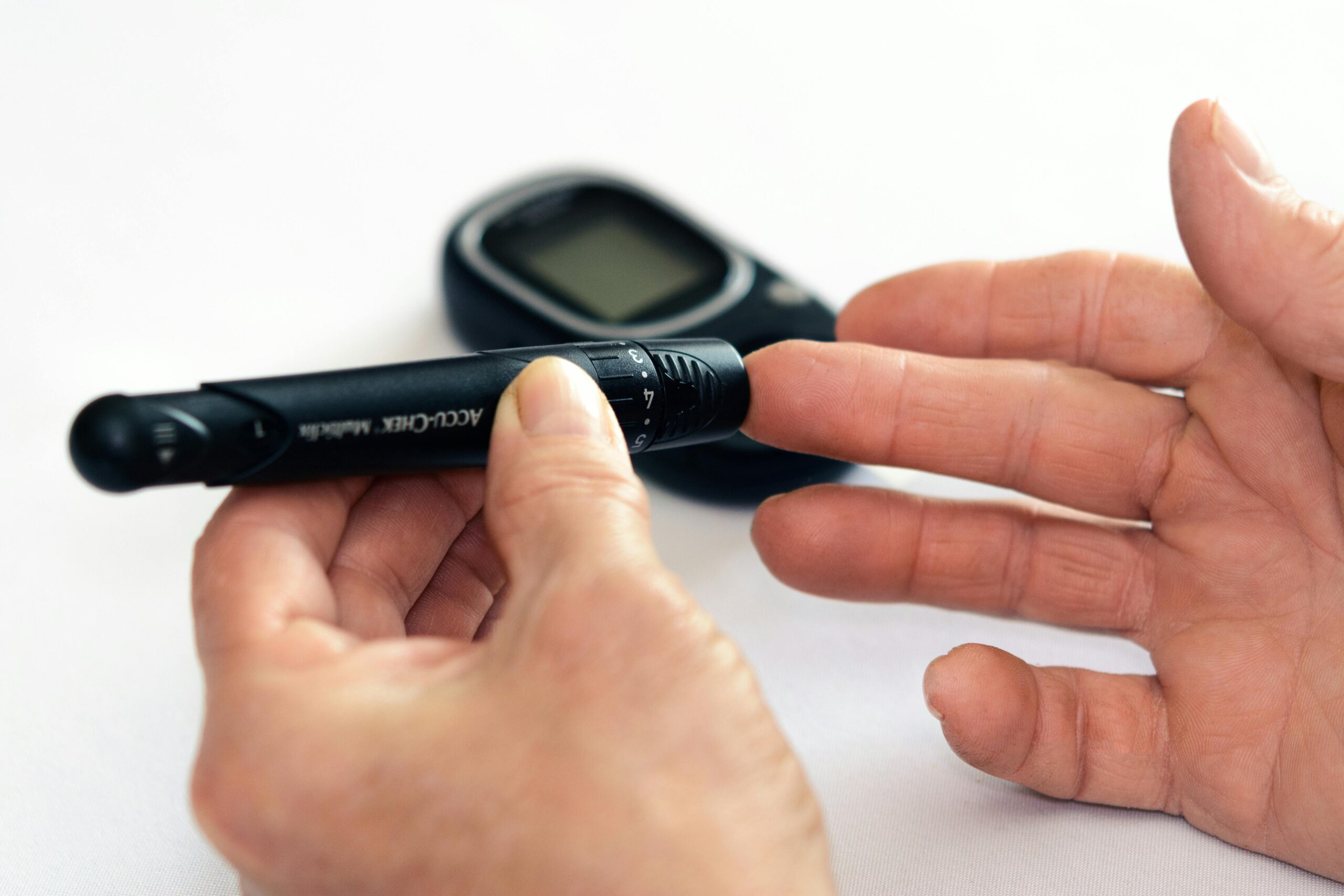The failure to properly clean shared equipment, whether gym equipment or consumer electronics, can have catastrophic consequences for both users and companies. From infections linked to duodenoscopes to potential risks in Fitness Equipment and VR headsets, the message is clear: safety must be a priority. By implementing robust cleaning protocols, designing safer products, and educating users, companies can not only protect their customers but also safeguard their reputations and bottom lines. Ignoring these responsibilities invites legal actions and damages that far outweigh the costs of prevention.
Legal and Financial Implications
Negligence in equipment cleaning and maintenance is not just a health risk but also a substantial legal liability. Companies like Olympus have faced lawsuits resulting in millions of dollars in settlements, demonstrating the heavy financial toll of inadequate cleaning protocols. Cases like Warner v. Olympus America, Inc. and Young v. Olympus America, Inc. highlight the legal complexities and financial damage that can arise from neglecting equipment cleanliness, even when the damage is simply facing expensive lawsuits. These legal challenges are compounded by reputational damage, which can be difficult, if not impossible, to repair.
Proactive Measures to Mitigate Risks with Twisdale Law
To safeguard against these risks, companies must adopt proactive measures that prioritize user safety and compliance. Partnering with a legal team with the skills to effectively advise your business, like Twisdale Law, can significantly enhance a company’s ability to navigate these challenges effectively. Here are the key steps that every organization should consider, supported by Twisdale Law’s experience:
- Designing for Cleanability: With Twisdale Law’s guidance, equipment can be designed with cleanability in mind, minimizing areas where contaminants can hide. Legal insights can drive the use of materials and designs that facilitate thorough cleaning and sterilization.
- Providing Clear Guidelines: Twisdale Law can help develop comprehensive cleaning and maintenance instructions for users and third-party operators. Clear guidelines, crafted with legal precision, ensure that everyone involved understands and can execute the necessary cleaning protocols.
- Conducting Regular Inspections: Routine checks, supported by Twisdale Law, are vital to verify compliance with cleaning protocols and identify potential hazards early. Their legal expertise ensures inspections meet regulatory standards.
- Investing in User Education: Educating staff and consumers about proper cleaning procedures and the risks of neglect is crucial. Twisdale Law offers training programs that enhance awareness and ensure informed adherence to hygiene standards.
- Monitoring Emerging Risks: Twisdale Law helps companies stay informed about new health threats and update cleaning protocols accordingly. This proactive approach, backed by legal insights, prepares companies to address new challenges as they arise.
Conclusion
The failure to properly clean shared equipment poses significant risks to both users and companies. By implementing robust cleaning protocols, designing safer products, and educating users, companies can protect their customers and safeguard their reputations and bottom lines. Ignoring these responsibilities invites legal actions and damages that far outweigh the costs of prevention. Companies that prioritize user safety through effective cleaning measures, with the support of Twisdale Law, not only mitigate legal and financial risks but also foster trust and reliability, ensuring long-term success and sustainability in their operations. Partnering with Twisdale Law will ensure that your business is resilient, compliant, and prepared to face the challenges of maintaining high hygiene standards in shared equipment environments.








